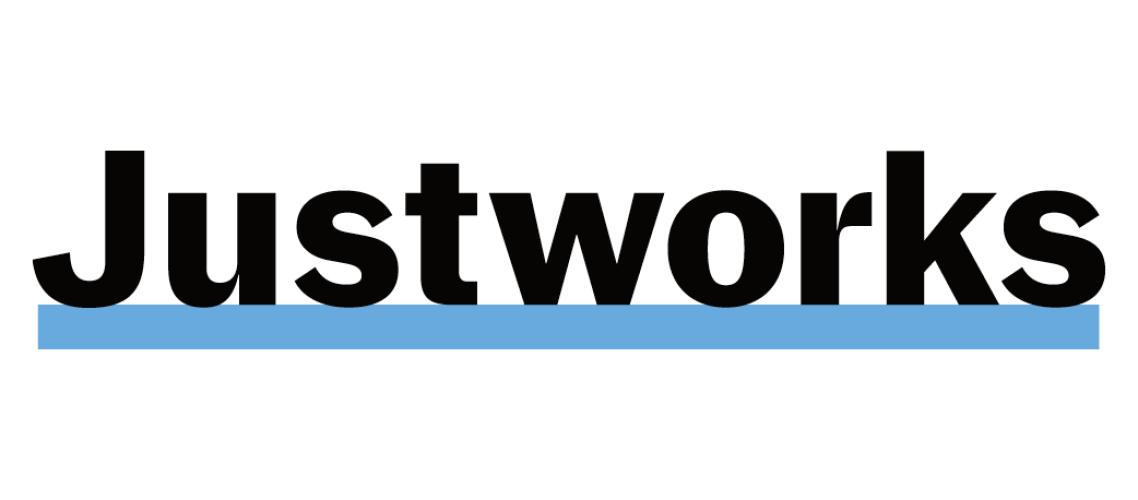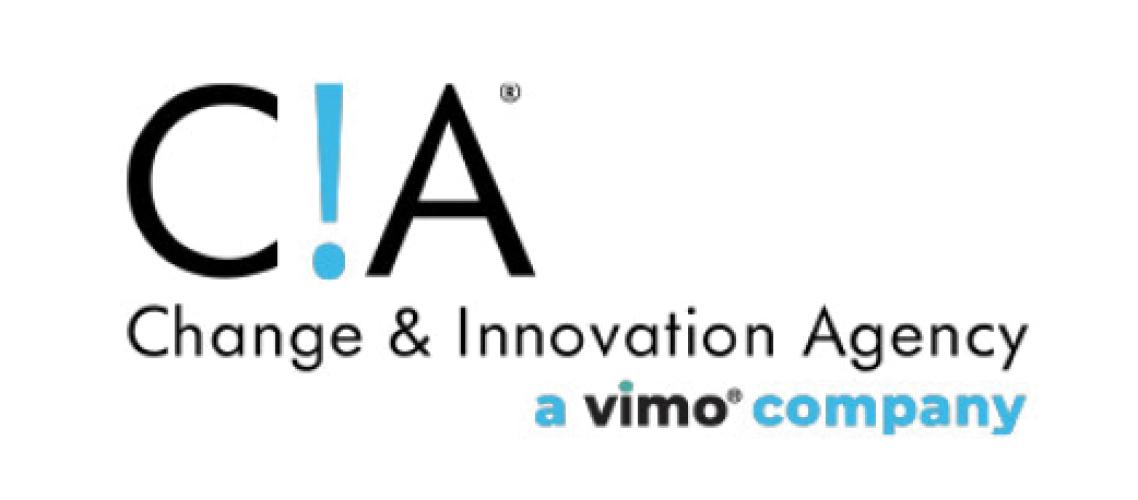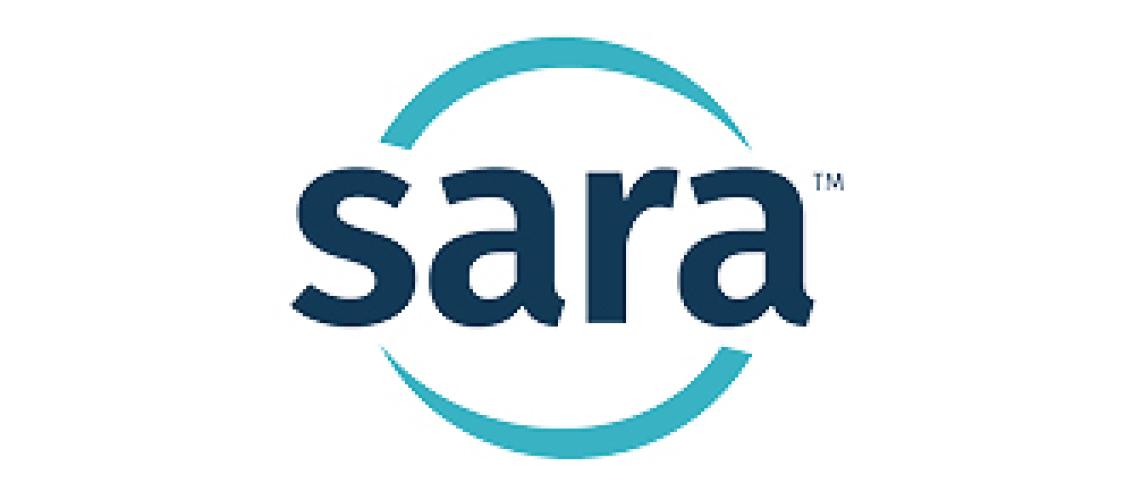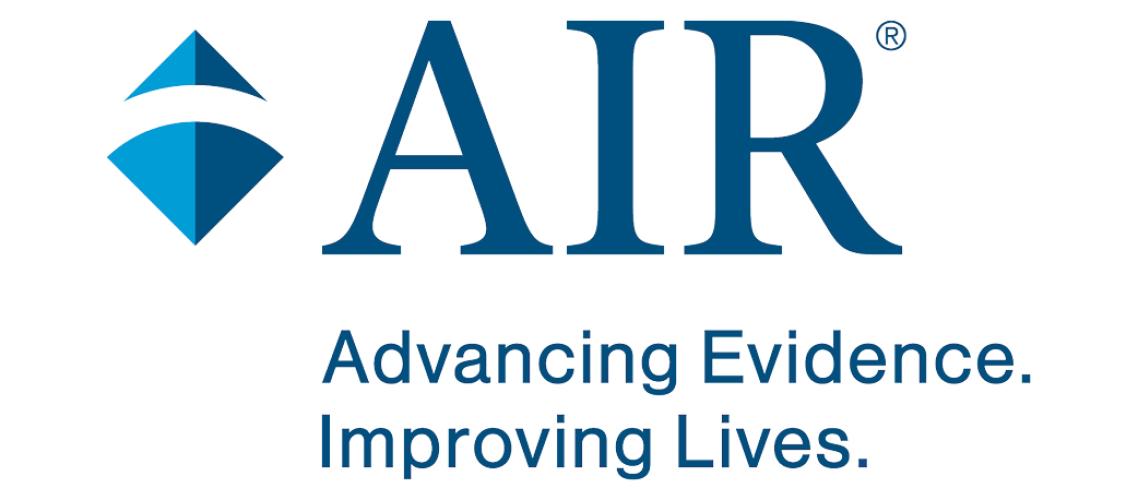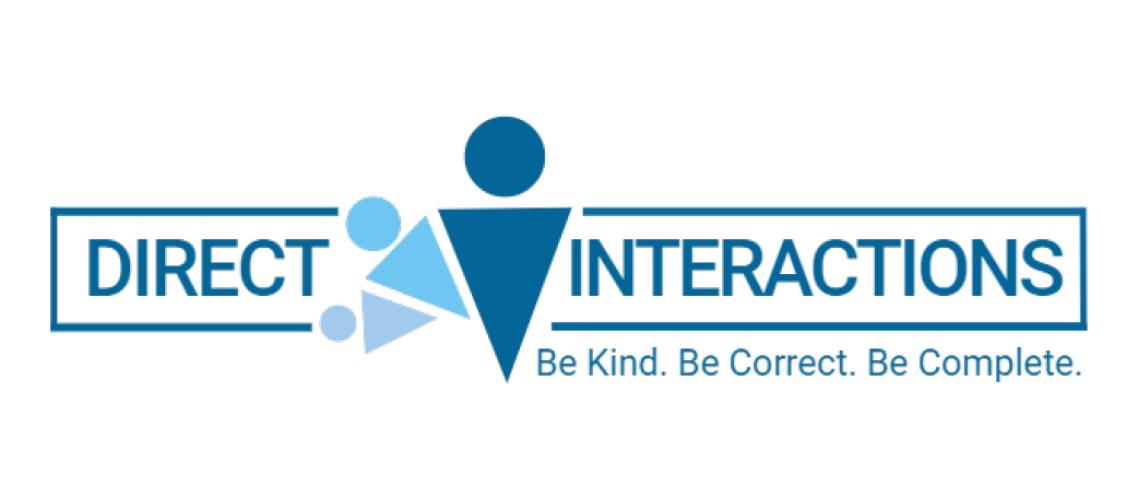NASWA Presents President's Award to Congresswoman Foxx, Congressmen Kline and Scott and Senator Alexander
Media Contact
Michelle Marshel, Director of Communications & EventsPhone: (202) 999-0168 | Email: mmarshel@naswa.org
WIOA was the first federal reform of the workforce system in 15 years, which modified and replaced the 1998 Workforce Investment Act (WIA). The goals of WIOA are to improve the quality of the nation’s workforce, reduce welfare dependency, and meet employer skill requirements. WIOA paved the way for new collaboration within the country’s workforce development system, which is creating new alignment between workforce, education and employers. WIOA also streamlines federal workforce training programs and grants new flexibility for states to better prepare the nation’s workforce for the 21st-century. The legislation was bipartisan and easily passed through both the House and the Senate.
“WIOA is revolutionizing the workforce system and empowering us to help workers find good and stable employment to advance their careers,” said Dale Peinecke, President of NASWA and Commissioner of the Washington State Employment Security Department. “Today we thank these ‘WIOA Pillars of Excellence’ and look forward to further collaboration with them and their colleagues as we continue to implement this legislation.”
Rep. John Kline is the Chair of the House Education and Workforce Committee and a significant proponent of WIOA. Rep. Foxx is the Chair of the Higher Education Subcommittee of the House Education and Workforce Committee and sponsored the WIOA legislation. Rep. Scott is the Ranking Member of the House Education and Workforce Committee and Senator Alexander is the Chair of the Senate Health, Education, Labor and Pensions Committee. The work done by these committees was instrumental in the passage of WIOA.
“We are grateful for Congresswoman Virginia Foxx’s leadership on the WIOA bill and the support from Congressman Scott and Senator Alexander,” said Scott B. Sanders, Executive Director of NASWA. “The ability of these key legislators to work together to ensure passage of such a critical piece of legislation during a time of Congressional gridlock was inspiring to our states and signals the issue of workforce development is so vitally important it transcends partisan politics.”
###
